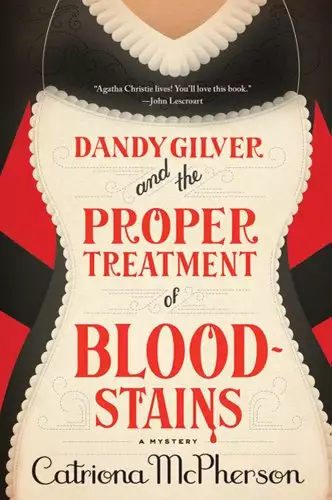Dandy Gilver and the Proper Treatment of Bloodstains
We hope you are enjoying the book so far. To continue reading...
Dandy Gilver and the Proper Treatment of Bloodstains
Catriona McPherson
Copyright © 2026 All Rights Reserved
Close
